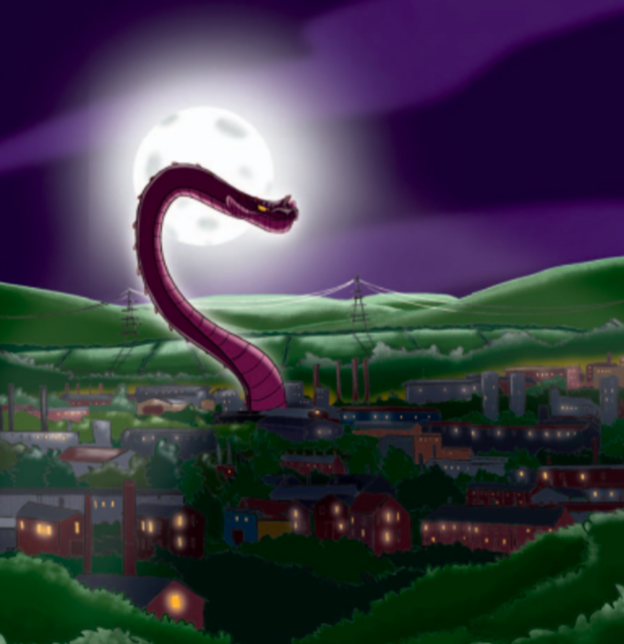I remember visiting the library in Doncaster when I was nine. One time, I spotted something surprising peeping out from a low shelf.
‘Johnny and the Bomb’ by Terry Pratchett. There it was – Johnny! My name!
What stuck with me more than the story itself was the euphoria of that first time seeing my name on a book.
Fast-forward fifteen years or so, and I was the teacher of a Year 5 class of my own, at Elmhurst Primary School in Forest Gate, East London. I asked my class of thirty children how many of them had ever seen their name in a book. Not a single child could raise their hand. It certainly wasn’t for a lack of reading.
The lack of representation ran deeper than names. My students – most of them of South Asian Muslim heritage – had rarely found stories with characters who looked like them. Had never encountered fiction with characters who shared their religion.
Whilst there is still an enormous amount of work to be done in publishing and education, things are now at least moving in the right direction. My classes since then have found Zanib Mian’s ‘Planet Omar’ and rolled around laughing at Humza Arshad and Henry White’s ‘Little Badman’, among a wealth of other stories.
I have had the pleasure of writing some new books in the Big Cat Little Wandle series. Every book has the potential to show a child that they either do or do not belong in the world of the written word. It is a responsibility for all of us who write for children.
My book ‘It Honked At Me, Ashwin’, illustrated by the amazing Rea Zhai, is a funny book about an administrative error that leads to two men adopting a chaotic goose called Minty.
Freddy and Ashwin – who intended to re-home a puppy called Monty – are a same-sex mixed-heritage couple.
As a gay man, I think back to what difference it would have made to me as a sometimes-lost kid to have seen any LGBTQ+ characters in an early reading book. And for that to be completely normal. Even in my own bittersweet story of middle-aged gay men being lampooned by an anarchic goose, there is a simple implicit message that LGBTQ+ people exist and belong in the world.
Just before lockdown, I had been working with kids in schools across Yorkshire. Whilst I was browsing the phonics texts in one of the schools, it struck me that our particular kind of ‘Britain’ is absent from children’s books.
Not London, but not the countryside of Enid Blyton either. Where are the towns built with solid bricks and history, coated in the memories of factory smoke?
There are children learning to read in places like Doncaster, Bradford, Plymouth, Dudley, Wigan and Barnsley.
When I began writing ‘Myths Don’t Frighten Me’, I decided early on that I wanted Doncaster to feature in my fantasy story about two sibling Greek gods fighting against an ancient beast. Not just a ‘Doncasterish’ place but Doncaster itself – by name and by appearance. The wonderful illustrator Jim Crawley brought this vividly to life.
Why shouldn’t the reincarnated children of Zeus be transported to fight against their timeless serpent foe outside Greggs in Doncaster town centre?
All children deserve to see the different aspects of their lives reflected in the books that they read.
Quite simply, we live in a society that is still far more diverse than the books that portray it.
This blog post is written by Jonny Walker, author of Collins Big Cat for Little Wandle Letters and Sounds Revised books, including It Honked At Me, Ashwin and Myths Don’t Frighten Me.





